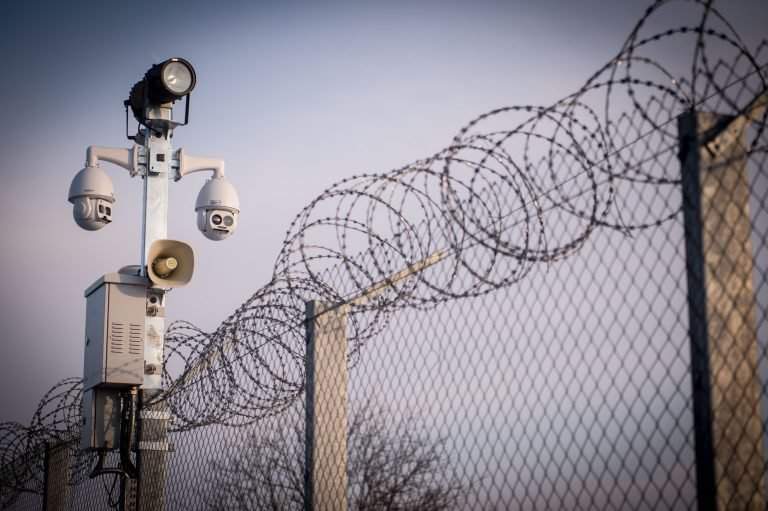Visegrád Four
Visegrad Group sign tourism cooperation pact

NATO’s reputation increasing, says PM Orbán in Poland

Visegrád group preparing for its largest-ever rail project, says Hungarian FM

Hungarian president highlights new security challenges facing NATO

Foreign ministers confirm Hungarian-Slovak alliance

Orbán: Hungary to open trade representation in Jerusalem

Polish PM cancels Israel trip after Netanyahu’s Holocaust – Visegrad Group in Israel

Visegrad Group prime ministers and German Chancellor Merkel held meeting in Slovakia

LMP: Hungary’s foreign policy gets isolated

Government to ‘fight to the end’ for rights of Hungarians working in Austria

Government official: Hungary won’t become ‘immigrant country’

Commission preparing beatification of János Esterházy sworn in

Orbán holds talks with Bolsonaro

Number of suicides down 35 pc since 2010, says Hungarian government

Majority in V4 countries rejects migration – SURVEY

EU to launch probe into Austrian family benefits thanks to joint action by V4 countries

V4 planning to support Tunisia border defence, says Hungarian foreign minister in Prague

Orbán’s cabinet: V4 uniqueness could benefit Europe





 ZH
ZH IT
IT DE
DE HR
HR NL
NL FR
FR JA
JA RO
RO RU
RU ES
ES TR
TR
